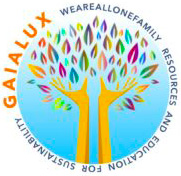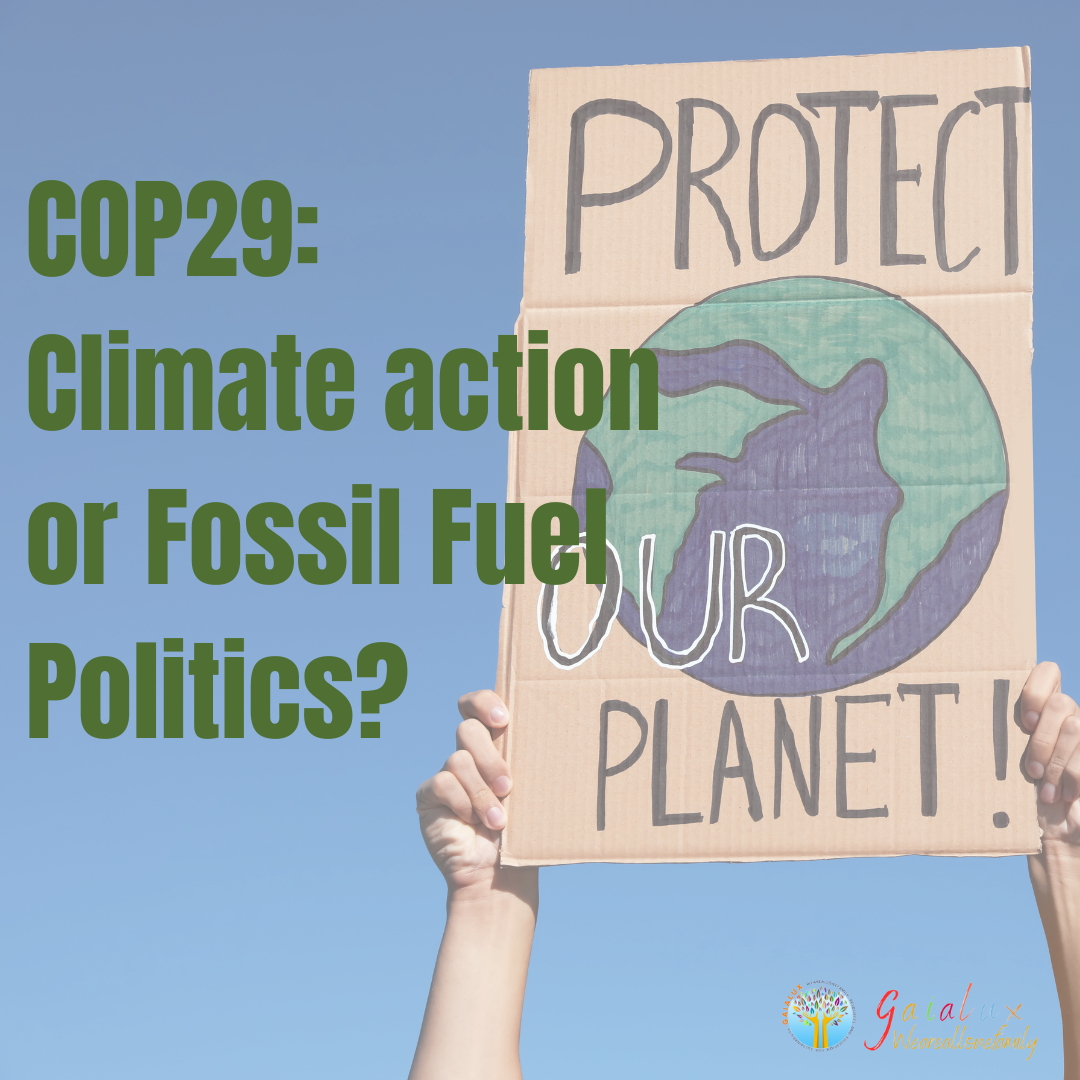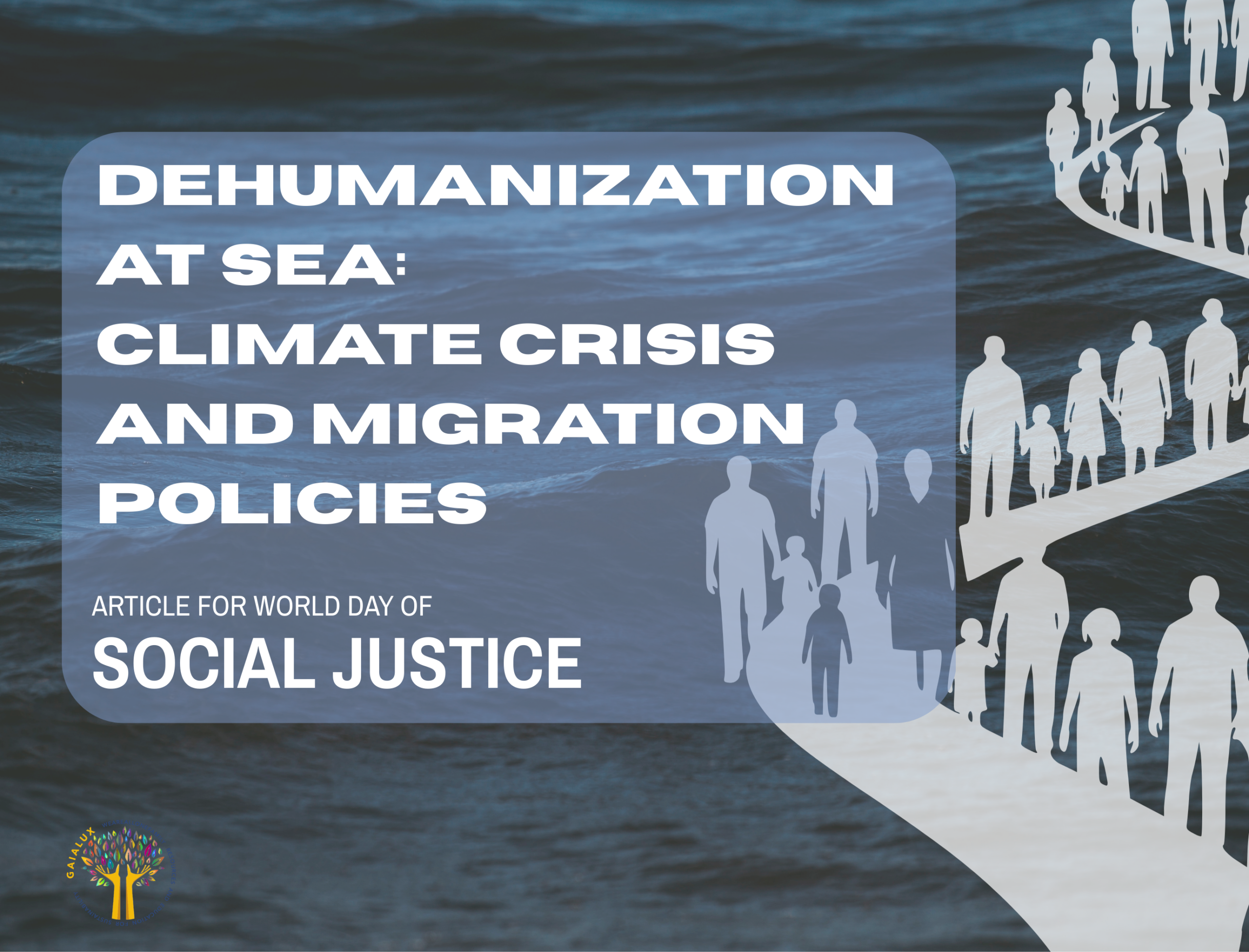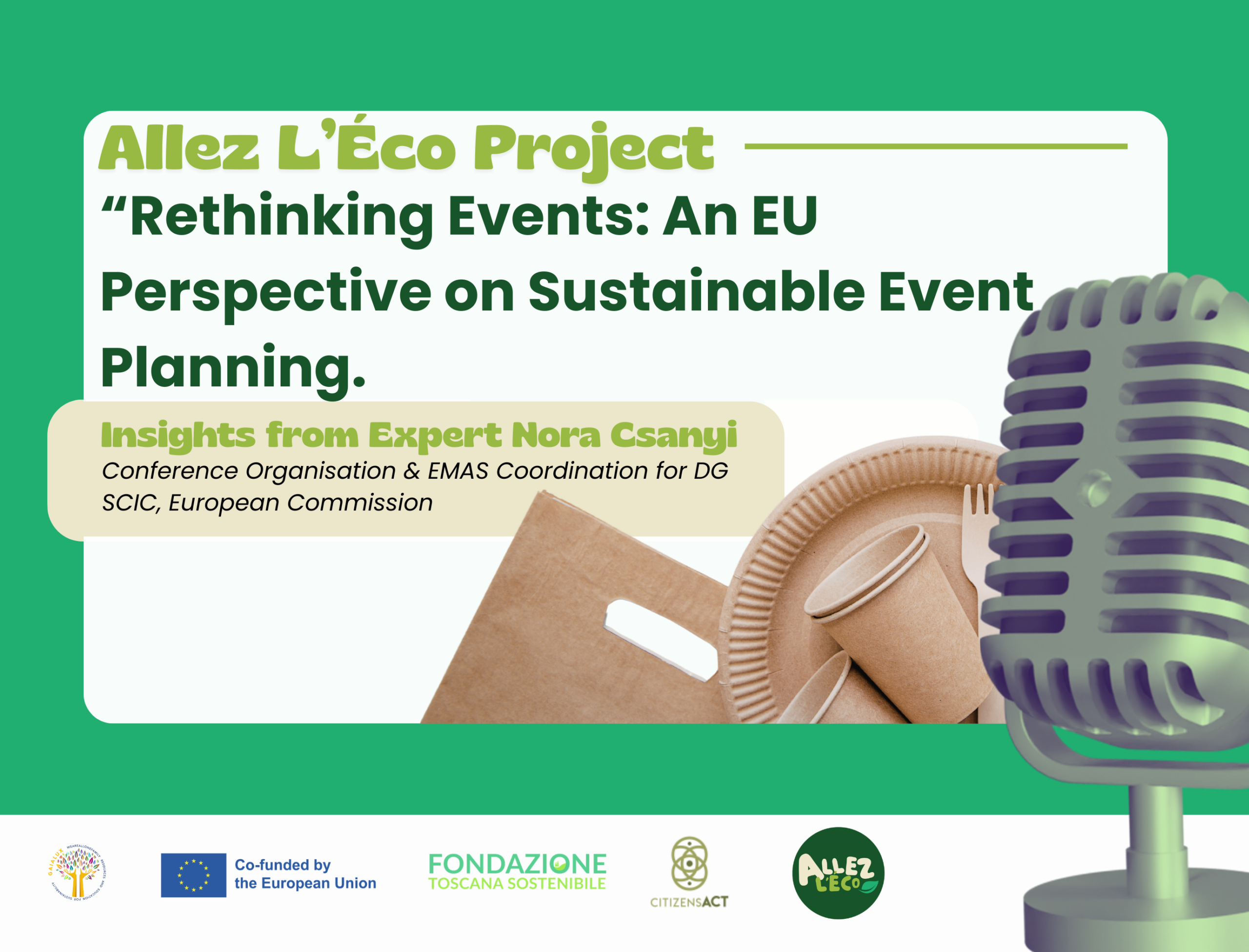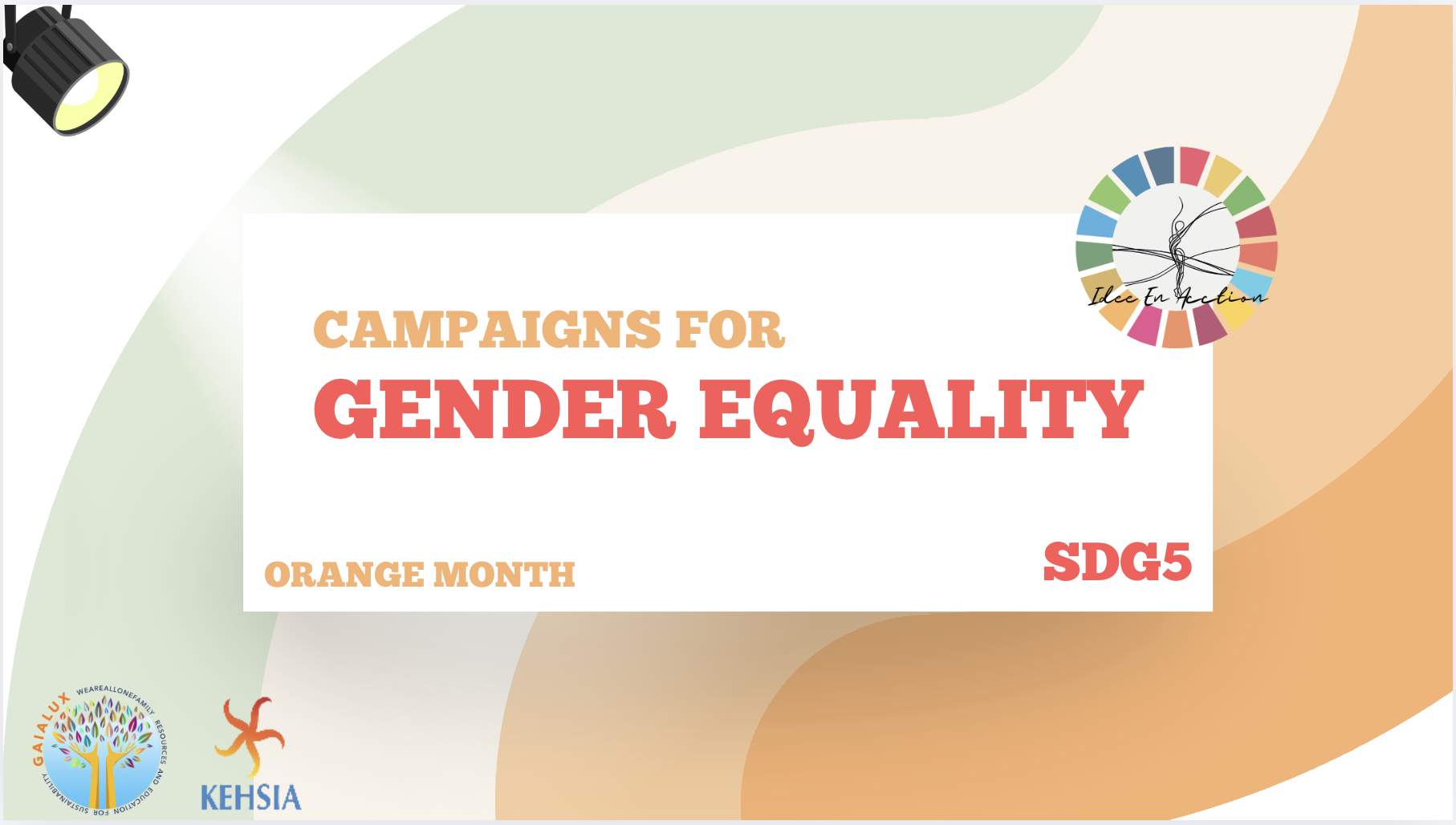Conflicts of Interest and Conflicts of Information at COP29
by Luca Falconieri
The 29th Conference of the Parties (COP29) of the UN Framework Convention on Climate Change (UNFCC) is currently taking place in Baku, Azerbaijan, and is set to last from 11 to 22 November 2024. This conference follows the COP28 held in Dubai, UAE, in 2023, which ended with the remarks that the efforts made to reach the goals set by the Paris Agreement were still insufficient.
The conclusion was that it is necessary to decisively depart from the world’s energy dependency on fossil fuels. However, this was still a mitigated position: the pre-COP28 ambition was to set a consensus on definitively “phasing out” fossil fuels, while what was reached was a vague commitment to “transition away” from them. While this compromise might seem like a watered-down version of the initial COP28 purpose, it was still an important landmark for the International Community to officially recognise the necessity of transitioning away from fossil fuels to more sustainable forms of energy.
Although the COP29 is supposed to be the main negotiating arena to advance towards new ambitious climate goals, its organisation in the last three years has sparked criticism from journalists and civil society alike.
The reason for this is the paradoxical fact that all three last conferences were held in countries whose economies strongly rely on natural gas and oil production and export. COP27 and COP28, respectively, took place in Sharm-el Sheikh and Dubai.
The paradox becomes even more apparent considering that in 2023, the presidency of COP28 was assigned to Sultan Ahmed Al Jaber, CEO of the UAE’s national oil company. Similarly, at COP29, the chief executive of the Azerbaijani team, Elnur Soltanov, is also a board member of Socar, Azerbaijan’s national oil company.
Instances of conflicts of interest were signalled at COP29, where before the conference even started, Soltanov was recorded striking a deal offering Azerbaijani natural gas and oil to investors and claiming the country was on its way to building more gas fields. The investor involved in the discussion was an undercover activist from the human rights association Global Witness, who lured Soltanov on the premise of investing in Socar through a fake Hong Kong energy firm.
With these premises, the credibility of COP29 is at stake and the conference risks to be weakened by investors who see climate funding as an opportunity to pursue economic gains rather than a sustainable global economy. Questionable investment deals, however, are but one of the issues that Azerbaijan is facing as the host of COP29.
Autocracies, fake news and oil deals
Azerbaijan has been denounced by Amnesty International for its severe lack of freedom of expression, association and assembly, as the government regularly answers to peaceful protests organised by NGOs and environmental groups with violent crackdowns and imprisonment. Civil society organizations and NGOs are virtually non-existent in Azerbaijan, and dissent towards the government can lead to politically motivated arrests and torture of detained activists.
Both in Azerbaijan and Dubai, during COP-28, journalists and independent investigations uncovered networks of fake X accounts supporting the governments of the hosting countries.
In the context of climate activism, these conflicts of interest rapidly turn into conflicts of information. Fossil fuel lobbyists and oil companies like Shell are expected to partake in COP29 to try and oppose any significant compromise to offset carbon emissions. Distinguishing fake news, disinformation campaigns, and propaganda in the context of COP29 is no easy task, and it is complicated by the myriad of actors and stakeholders who have crucial roles in the negotiations. In states like Azerbaijan, where 50% of the economy depends on fossil fuels, there is a blurred line between negotiating climate agreements and promoting the country’s economic interests.
Western media, the Global South and diverging narratives
While Western media like BBC and The Guardian closely scrutinise the host country’s actions, criticising its autocratic government and its propaganda on social media, Azerbaijan has called out the Western world for its hypocrisy.
In his opening speech at COP29, on November 11, Azerbaijan’s president Aliyev claimed in his opening speech that “political hypocrisy became a kind of modus operandi for some politicians, state-controlled NGOs and fake news media in some Western countries”.
A clear example of this hypocrisy is found in the deal struck between the EU Commission and Azerbaijan in 2022, which doubled the amount of Azeri gas supplied to EU countries. This agreement was a measure by the Commission to reduce the EU’s dependency on Russian gas in the wake of the Russian aggression on Ukraine. Aliyev also strongly criticised the US hypocrisy in defining Azerbaijan as a “petrostate” while being the largest oil producer in the world.
While countries in the Global North have spawned a myriad of Non-Governmental Organizations and Civil Society Organizations focusing on the themes of sustainability and decarbonisation, governments of these countries often maintain complicated relationships of energy dependence with petrostates. This leaves Global North governments exposed to criticism by their citizens as well as by developing countries, highlighting their habit of exploiting natural resources from the Global South for their economic gains. At the same time, bigger NGOs that originated in the Global North are more influential and have access to more efficient funding than grassroots organisations and activists from the Global South. This comparison paves the way for protests on the Western-centric approach to climate action, which does not necessarily take into account the voices of smaller organisations from Global South countries.
This relationship is made even more problematic by the fact that LDCs (Least Developed Countries) are often the most impacted by the consequences of climate change and global warming. Natural disasters are becoming more frequent and destroying the livelihood of people who do not have a comparable amount of social security nets and state support as citizens in the Global North.
The examples cited above offer a puzzle open to many different and often contrasting narratives regarding climate action and its development through COP29. In a wide panorama of different political actors, stakeholders, National States and business giants, it can be difficult for onlookers to orient themselves to the swarm of news and information surrounding COP29. Narratives of division and polarisation that stem from this complicated global scenario, however, must not drive us away from the idea that climate action can only be effective if tackled with a common approach by both Global North and Global South countries.
Systemic change requires a consensus towards departing from fossil fuels and a fundamental shift of awareness from National Governments and International Institutions alike. In this sense, COP29 is an opportunity for LDCs, grassroots organisations and climate activists to make their voices heard on the International stage.
Other Events
Allez L'Éco, Article, News

